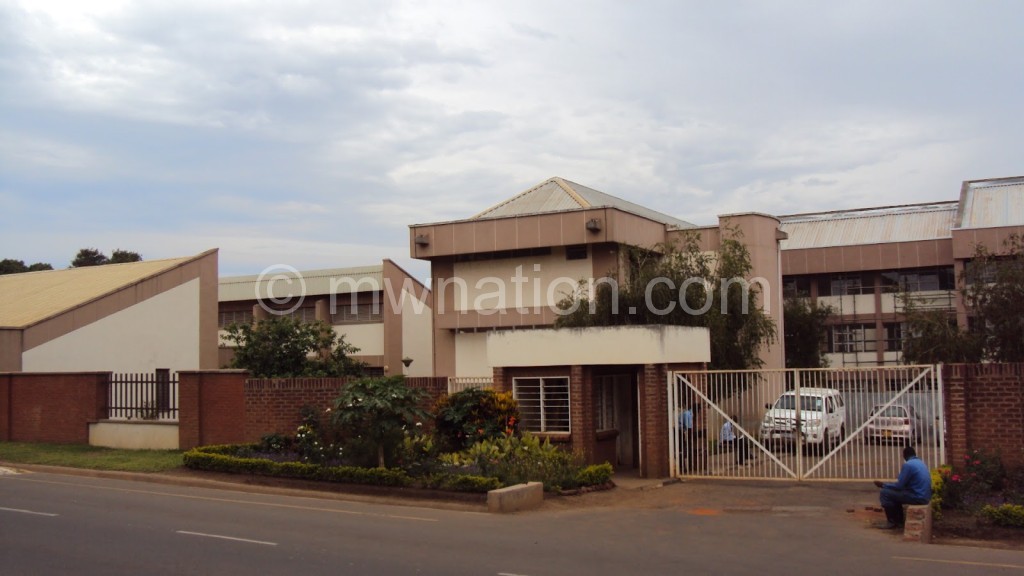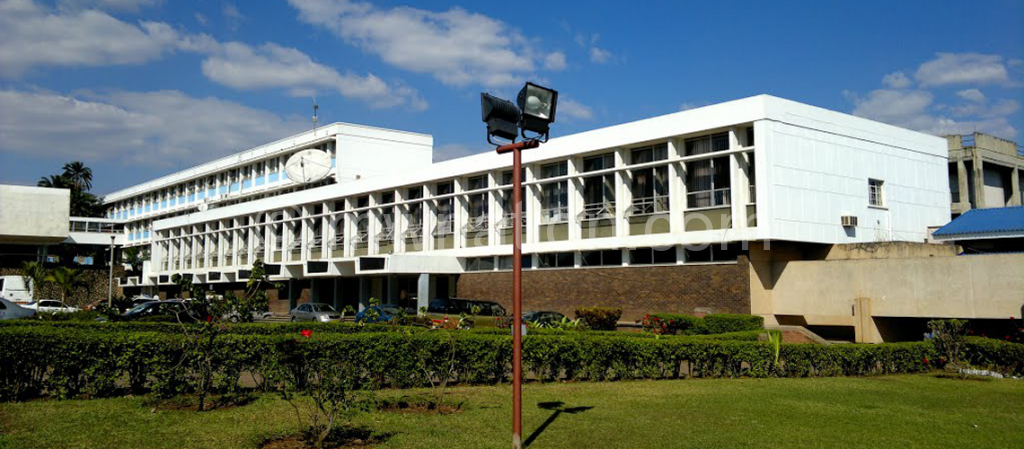Pay disparities rock Unima
Three constituent colleges of the University of Malawi (Unima) are demanding a 30 percent salary adjustment and equality in remuneration of employees on the same grade and have threatened industrial action if their grievances are not addressed.
Through Chancellor College Academic Staff Union (Ccasu), academic staff at Chancellor College, the Polytechnic and Kamuzu College of Nursing question their employer, Unima, why it pays a different salary scale for staff on the same grade at the College of Medicine (CoM), yet they work in another establishment outside Unima’s jurisdiction.

“The medically qualified staff at College of Medicine get 40 percent, sometimes 50 percent higher in salaries while staff on the same grade from the other colleges get less for working on what Unima is not mandated for. The letter is a formality before an industrial action is initiated so that it is deemed legal,” reads in part the letter dated September 6 2016 addressed to Ministry of Labour, Youth and Manpower Development Principal Secretary.
In the letter, Ccasu, which is demanding a response by September 19 2016, argues that the disparities are not only bad employment practices, but also unfair and illegal.
A source said the 40 percent was a donation from Global Fund to prevent brain drain of medical doctors when CoM was being opened. The source added that the fund phased out.

Said the source: “Queens is not Unima. Why should Unima pay people for working at Queens, something which is not related with it? This is for another ministry.”
On the salary adjustment, Ccasu, in another letter addressed to Unima, expressed concern about the manner their employer is handling the issue.
Reads the letter: “The [Unima] Council’s handling of the matter completely erodes any element of trust that was there with regards to the dialogue on salary adjustment and even more further the issues of perks and non-salary benefits.”
In an interview yesterday, Ccasu president Anthony Gunde said they were still discussing the issues with their employer.
He said: “I can confirm that we are currently discussing with our employer on the two issues. As of now, there is no planned strike.”
Unima communications officer Peter Mitunda refused to comment on the salary adjustments demand, saying it would be improper to discuss such details when legal proceedings are underway.
On the question of salary disparities, Mitunda said it was true that some Unima staff, notably at CoM, are paid more because of extra responsibilities at Queen Elizabeth Central Hospital (QECH) despite teaching.
He said: “Those teaching at College of Medicine have other responsibilities at Queens [QECH]. When they are not teaching, they are on call at the hospital. So they are paid 40 percent more on top of their salaries.”
Mitunda added that the funds come from government subventions and that not all academic staff at CoM benefit from the privilege.
A source said the 40 percent being paid to some CoM staff has also created problems among academic staff at the medical school, especially those not benefitting from the privilege.
The source said over half CoM staff do not get the extra 40 percent-plus.
The demand for the 30 percent salary adjustment comes against the background of Minister of Finance, Economic Planning and Development Goodall Gondwe’s efforts to prevent the wage bill from ballooning further.
Initially, in the 2016/17 National Budget Statement read in Parliament on May 27 this year, Gondwe proposed an additional K19 billion to cater for salary adjustments and new recruitments, but civil servants negotiated an additional K2.5 billion, pushing it to K22 billion.
Earlier, government, through the Department of Statutory Corporations, announced a pay increase freeze for parastatals, citing prevailing bad economic environment.






A history lecturer cannot be expected to be paid same as a medicine lecturer (who will often be a medical doctor), surely! Come on! Can’t you see these are the cream and highly qualified and can go elsewhere in the world. The history lecturer cannot so do as easily.